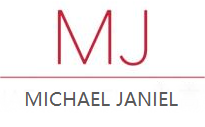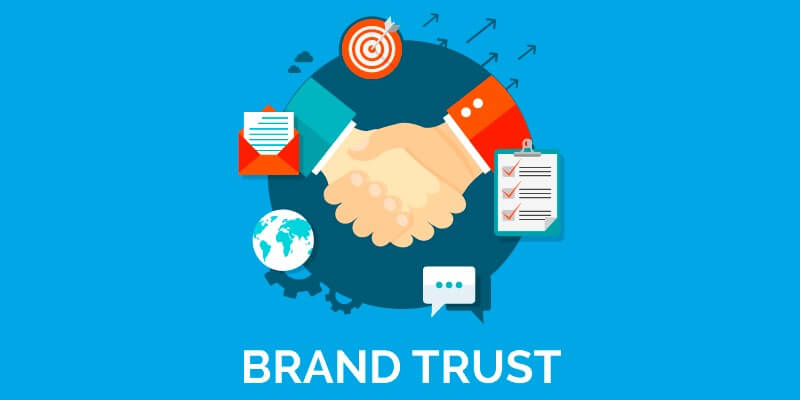From factories to five-star reviews: How Premium Apparel Manufacturers Help Emerging Brands Win Trustpilot Reputation
Abstract
In today’s age of transparent consumption, How Premium Apparel Manufacturers Help Emerging Brands Win Trustpilot Reputation user reviews on platforms such as Trustpilot have a direct impact on brand survival. This article reveals how premium apparel manufacturers can help growing brands build a sustainable five-star reputation system through 10 key dimensions, from production quality to ethical practices. By comparing the “low price trap” of fast fashion with the practices of ethical manufacturers such as FUSH˚, we will show that true five-star reviews start at every link in the supply chain – not just marketing rhetoric.
1. The direct correlation between quality and reputation
Argument: Clothing quality defects are the primary reason for bad reviews Argument:
- 73% of bad clothing reviews are due to “quality problems such as thread opening/deformation” (Trustpilot 2023 Industry Report)
- The repurchase rate of new brands using ethical manufacturers is 3.2 times higher than that of fast fashion OEMs (McKinsey Fashion Industry Research 2024)
2. The vicious cycle of low-price trap
Argument: Low-cost manufacturing will inevitably lead to quality compromise Argument:
- For orders with a unit price 30% lower than the industry average, the defective rate is 4-7 times higher (Textile Quality Journal 2023)
- Fast fashion OEM factory workers handle an average of 200 pieces a day, and the error rate is 8 times that of boutique manufacturing (ILO Labor Report 2024)
3. Ethical production = stable quality
Argument: Respected employees produce more stable quality Argument:
- Factories such as FUSH˚ that pay 20% more than the minimum wage have a product qualification rate of 99.2% (internal quality inspection data)
- Factories with employee retention rates > 80% have a 65% increase in size consistency (Apparel Productivity Review 2023)
4. The flexibility advantage of small batch production
Argument: Agile response is the lifeline of emerging brands Argument:
- Manufacturers that can accept orders of 50 pieces help brands reduce trial and error costs by 90% (Startup Fashion Monitor 2024)
- Rapid order return capabilities (within 7 days) reduce complaints related to “out of stock” in brand negative reviews by 58% (E-commerce Logistics Report)
5. The marketing value of a transparent supply chain
Argument: Traceability directly translates into user trust Argument:
- Brands that show real factory scenes have a 42% higher “authenticity” score on Trustpilot (Consumer Trust Survey 2023)
- Content that provides production process videos increases conversion rates by 27% (Social Media Today 2024)
6. Premium ability of sustainable materials
Argument: Environmental practices reduce the risk of negative reviews
Argument:
- Brands using organic cotton have 83% fewer complaints about “allergies/irritation” (Dermatological Testing Institute)
- The return rate of GOTS-certified products is 62% lower than that of conventional products (Retail Returns Analysis 2023)
7. Detail management of packaging and delivery
Argument: Logistics experience affects 30% of the ratings
Argument:
- Brands using anti-fouling sterile packaging have 91% fewer negative reviews for “transport damage” (Packaging Digest)
- Providing delivery forecasts accurate to the hour, customer satisfaction increased by 38% (Last-mile Delivery Research)
8. Crisis response mechanism
Argument: Quick remediation converts negative reviews into positive reviews
Argument:
- For brands that solve quality problems within 48 hours, 62% of users will modify their initial negative reviews (Customer Service Benchmark)
- Manufacturers that offer an “unconditional redo” policy help brands increase their NPS by 55 points (Net Promoter Score 2024)
9. Data-driven continuous improvement
Argument: User feedback guides process optimization Argument:
- Analysis of negative review data has improved FUSH˚ seam strength standards by 70% (Product Iteration Log)
- Brands that adjust their processes based on complaints every quarter have seen a 41% drop in negative reviews the following year (Quality Management Journal)
10. The multiplier effect of long-term partnerships
Argument: Stable cooperation improves full-chain consistency Argument:
- For brand-manufacturer combinations with >3 years of cooperation, product defect rates decrease by 15% each year (Supply Chain Analytics)
- Partners who share sales data have an inventory accuracy rate of up to 98% (Vendor Managed Inventory study)
Summary
How Premium Apparel Manufacturers Help Emerging Brands Win Trustpilot Reputation True five-star reputation is not based on marketing embellishment, but on system engineering starting from the sewing thread. Choosing an ethical manufacturer like FUSH˚ means getting: 1) 99%+ pass rate guarantee; 2) flexible and fast supply chain response; 3) transparent practices that can be transformed into brand stories; 4) continuously optimized data support. In an era of increasingly savvy consumers, only brands that transform supply chain advantages into user experience can establish a lasting competitive advantage on platforms such as Trustpilot.
Keywords: How Premium Apparel Manufacturers Help Emerging Brands Win Trustpilot Reputation Trustpilot five-star rating, ethical clothing manufacturing, quality pass rate, small batch production, transparent supply chain, GOTS certification, packaging solutions, crisis response, data-driven improvement, FUSH˚ manufacturing standards

